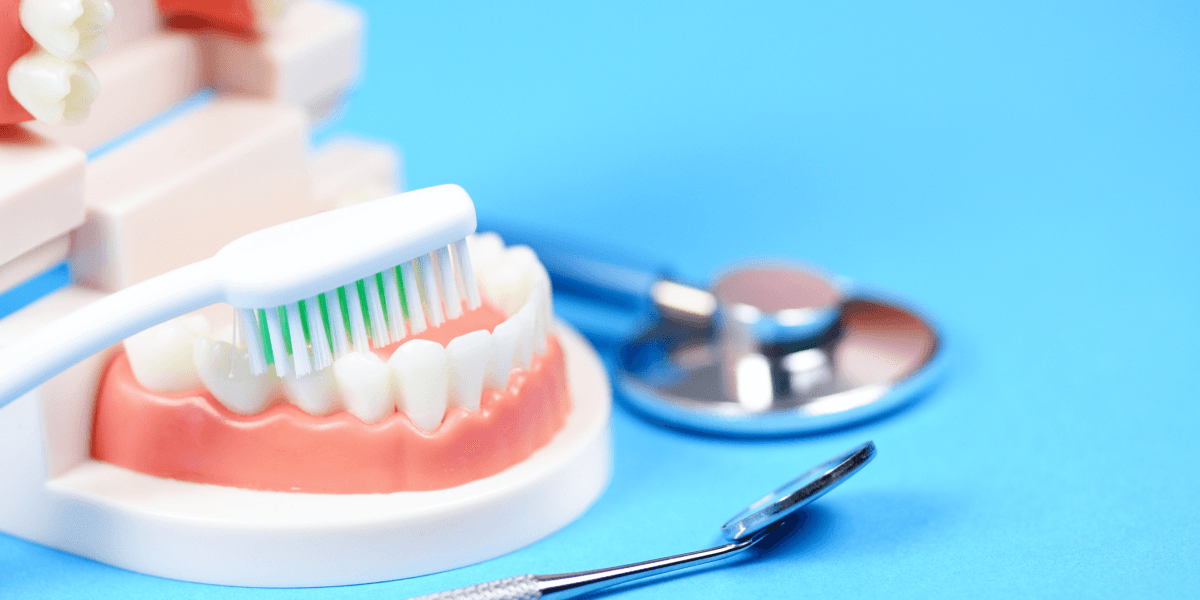Dental care is an essential aspect of maintaining overall health and well-being. It encompasses a range of practices aimed at preserving oral hygiene, preventing disease, and ensuring the longevity of teeth and gums. Regular dental check-ups and proper dental hygiene habits, such as brushing and flossing, play a crucial role in preventing cavities, gum disease, and other oral health issues. As we navigate through daily routines, the importance of understanding dental care often takes a backseat, yet it is vital for both physical and mental wellness.
This article serves as a comprehensive guide to dental care, shedding light on the best practices for maintaining a healthy smile, the significance of professional dental visits, and the role of nutrition in oral health. By equipping ourselves with knowledge in these areas, we can empower ourselves to make informed decisions about our dental health and foster a lifetime of good habits. With insights from dental professionals and the latest research, this guide aims to inspire confidence and encourage proactive approaches to personal dental care.
Best Practices for Oral Hygiene
Maintaining oral hygiene is the foundation of effective dental care. Daily practices such as brushing at least twice a day with fluoride toothpaste, flossing regularly, and using an antibacterial mouthwash can drastically reduce the risk of cavities and gum disease. It is also vital to replace toothbrushes every three to four months or sooner if the bristles are frayed. For personalized guidance and support in establishing a successful oral hygiene routine, consider visiting Trusted Sandy UT Dental Services, where dental professionals can provide tailored advice and techniques to improve your dental health.

The Role of Nutrition in Dental Health
Nutrition plays a critical role in the maintenance of oral health. A balanced diet rich in vitamins and minerals can strengthen teeth and gums, while excessive sugar intake and acidic foods can lead to tooth decay. Foods high in calcium, like dairy products, and those rich in vitamin C, such as fruits and vegetables, contribute to gum health and the overall integrity of enamel. Staying hydrated also aids in saliva production, which is essential for neutralizing acids in the mouth and washing away food particles. By being mindful of dietary choices, individuals can greatly enhance their dental care regimen.
In conclusion, prioritizing dental care is fundamental for achieving optimal oral health and its positive effects on overall well-being. By adopting best practices in oral hygiene, such as diligent brushing, flossing, and routine dental visits, alongside maintaining a nutritious diet, individuals can effectively safeguard their smiles against common dental issues. Awareness of the intricate relationship between diet and dental health empowers us to make better food choices that contribute to healthier teeth and gums. Ultimately, fostering good dental care habits not only enhances our physical health but also boosts our confidence and quality of life, proving that an investment in dental health is an investment in ourselves.


